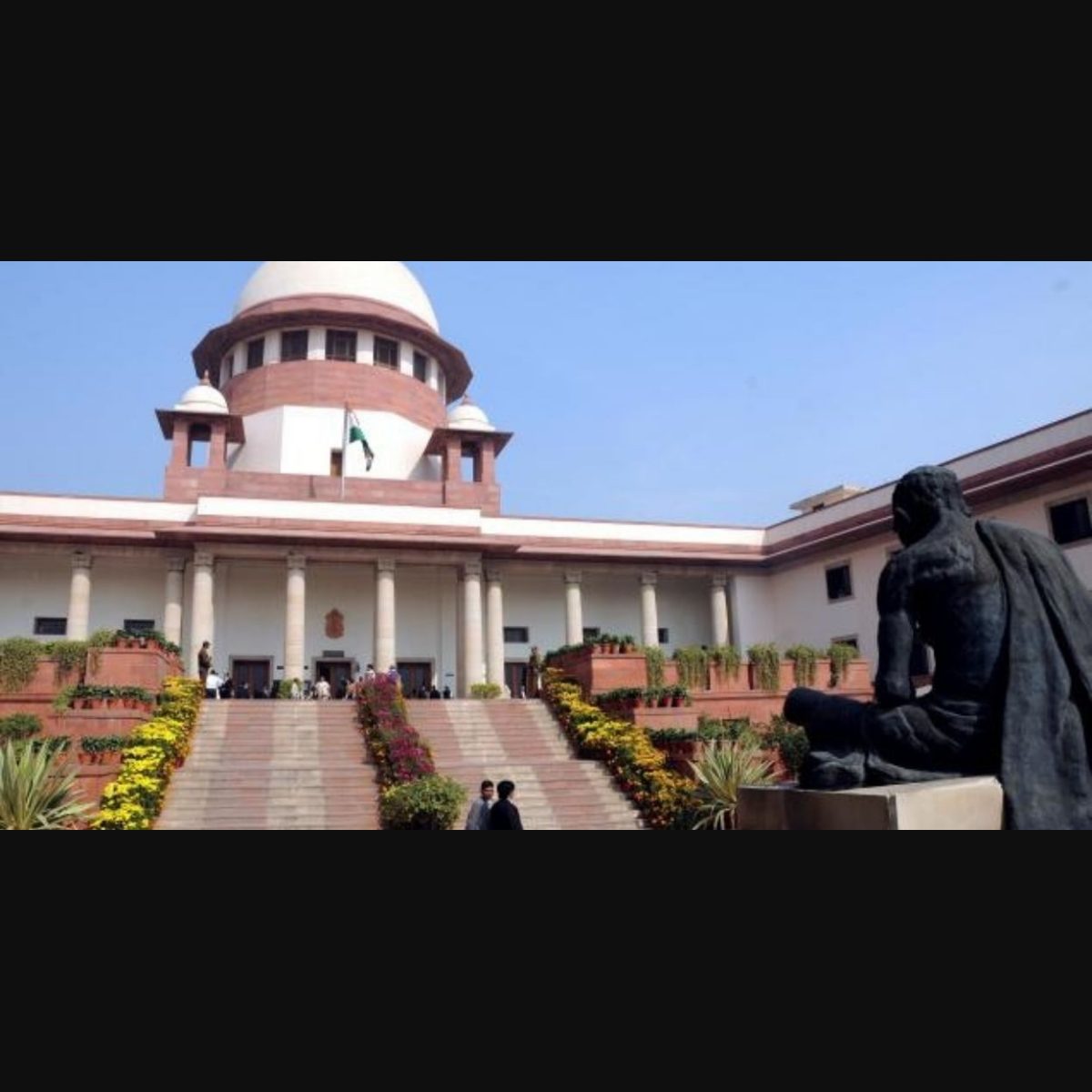Whether the conviction, solely on the basis of official witnesses is sustainable in the present facts? And, whether the delay of nearly 3 years in filing the challan can be said to be materially affecting the correctness of the judgement of the lower court as also the judgement impugned before us? (Para 13)
It is clear from the above propositions of law, as reproduced and referred to, that the testimonies of official witnesses can nay be discarded simply because independent witnesses were not examined. The correctness or authenticity is only to be doubted on “any good reason” which, quite apparently is missing from the present case. No reason is forthcoming on behalf of the Appellant to challenge the veracity of the testimonies of PW – 1 and PW – 2, which the courts below have found absolutely to be inspiring in confidence. Therefore, basing the conviction on the basis of testimony of the police witnesses as undertaken by the trial court and is confirmed by the High Court vide the impugned judgement, cannot be faulted with. (Para 26)
The second aspect of delay, however, assumes importance. It has been time and again observed that a “fair trial”, is a right flowing from Article 21 of the Constitution of India and it encompasses all stages of trial including that of “investigation, inquiry, trial, appeal, revision and the trial” (Para 28)
However, mere urging that delay casts a suspicion on the investigation, without any evidence being led in furtherance thereof, cannot be sustained. Inordinate delay has been taken as presumptive proof of prejudice, but in particular cases where the accused is in custody. Record reveals that the accused was released on bail on 21st October 2003. Hence, the presumption of prejudice will not apply in the instant facts. (Para 30)
In view of the above discussion, we find that the Appellant’s grounds to challenge the correctness of the judgement impugned, fail. (Para 32)
However, considering the facts at hand, that the offence in question is dated 1st October 2003; the final report after delayed investigation was submitted on 17th April 2006, he was convicted on 3rd November 2008, and that more than 20 years have passed since the commission of the offence, this court finds it fit to modify the sentence of the Appellant to serve a period of three months, simple imprisonment. The fine as awarded by the trial court and as upheld by the High Court, is confirmed. (Para 33)
SUPREME COURT OF INDIA
2023 STPL(Web) 164 SC
[2023 INSC 703]
Sathyan Vs. State Of Kerala
Criminal appeal no. 2363 of 2023 arising out of SLP (Crl.) No. 9710 of 2023 [@Diary No. 16317 of 2022]-Decided on 11-8-2023
https://stpllaw.in/wp-content/uploads/2023/08/2023-STPLWeb-164-SC.pdf







